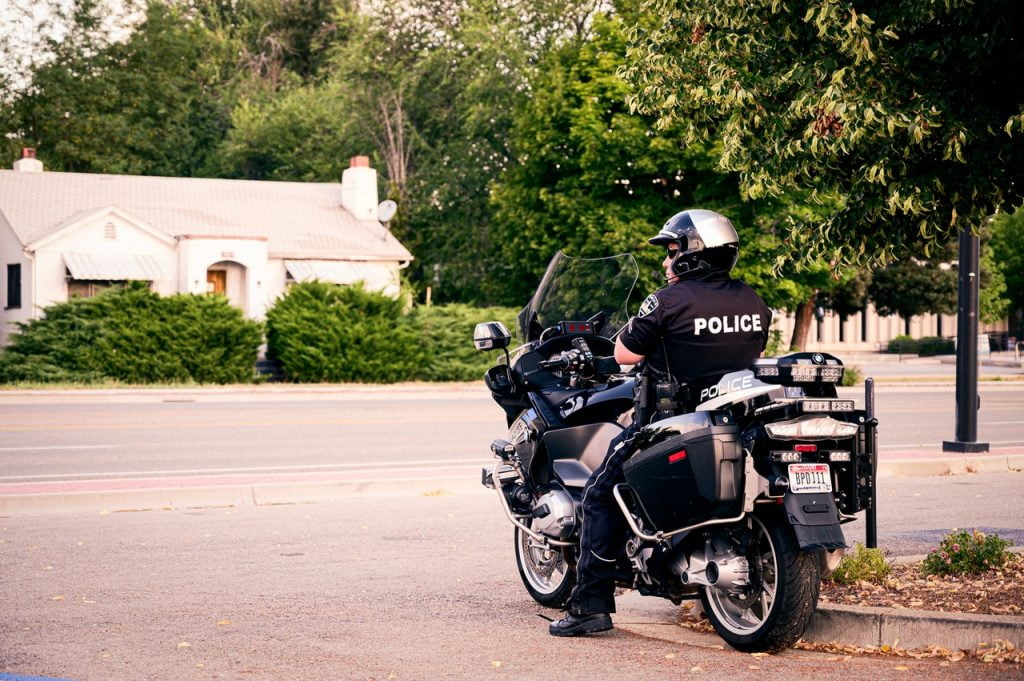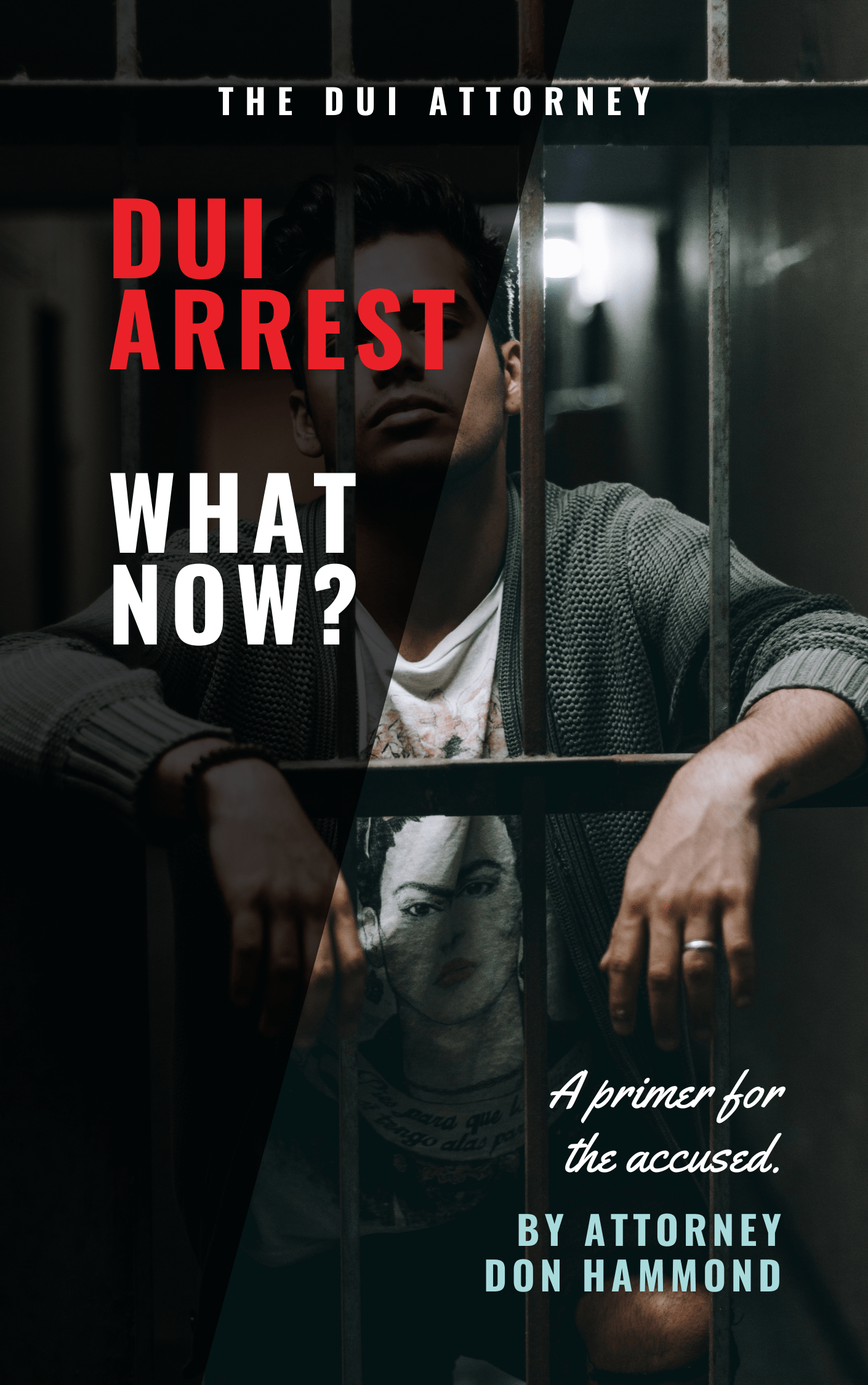
As illegal as drunk driving is in California, the legal systems also require law enforcement officers to follow strict guidelines when they run into drivers they suspect of drunk driving. Before making a DUI arrest, police should have probable cause or reasonable belief that you are intoxicated behind the wheel. For the prosecution to have a solid case against you, there are a few things they’ll have to prove in court. Knowing what evidence police look for in DUI incidences could mean the difference between a felony conviction and a minor infraction. Here are three pieces of evidence to never give police officers at a traffic stop.
1. Physical Evidence
Even before a police officer will ask for your license and registration, they most likely began scanning the inside of your vehicle the minute you rolled down your window. You’re still protected by the Fourth Amendment, and the officer isn’t technically breaking protocol by giving your car a once over for any physical signs of intoxication. Most physical evidence could be circumstantial, which is why police will dig deeper. For example, an open bottle in the back seat isn’t enough to incriminate you alone. However, coupled with the stench of alcohol, bloodshot eyes, and slurred speech, this would be just enough to make an arrest on the spot.
2. Field Sobriety Tests
If the police officer is adamant that you take a few tests to “prove yourself,” don’t take the bait. The minute you get out of your car, your chances of going to jail just shot to 95%. Field sobriety tests include a breathalyzer that checks if your BAC is over 0.08%, roadside gymnastics like walking a line and reciting the alphabet backward, or the Horizontal Gaze Nystagmus. Even on your best day, it’s improbable that you can recite the alphabet backward correctly. This is why our DUI Hero, Attorney Don Hammond, advises against roadside tests. Sobriety tests are impractical and unreliable.
Unfortunately, there’s not much you can do once you refuse the breathalyzer test. An arrest is imminent. You’re legally inclined to follow the officer down to the station for a chemical blood test. A chemical test is mandatory because you already consented to one under Section 23612 of the California Vehicle Code. We discussed this broadly in our “Warning! You’ve consented to California drawing your blood!” article. The police will make their arrest, and you will be subjected to chemical tests, but if they don’t have any other evidence, you may get off with just a slap on the wrist- like a one-year license suspension.
3. Self-Incriminating Statements
Aside from physical evidence and roadside tests, police will also watch out for any incriminating statements you make. Many Americans claim to know the law like the back of their hands but tend to forget that police officers study the law in training, giving them the upper hand most of the time. If you ever get pulled over, remember the golden rule; you have the right to remain silent, and any statement you say can be used against you in court as evidence. Most Californians aren’t privy to the fact that officers don’t have to read you your rights until after the arrest. Anything you happen to say before the arrest is fair game and admissible in court.
Regardless of the actions you choose to take the moment a police officer pulls you over, and more so, if they have probable cause, an arrest is imminent. Physical evidence, as circumstantial as it is are, can be very incriminating. But this doesn’t mean you should offer up more evidence to prove your innocence. Field sobriety tests and chemical tests can be challenged because roadside tests are not always reliable, and lab results have been known to be erroneous. Your best bet is to take advantage of the rights accorded to you at that moment and reach out to an experienced criminal defense lawyer that specialized in DUI science and strategy as soon as possible. If you need help with your DUI case, call +1 323-529-3660 Attorney Don Hammond, California’s Criminal Defense Hero.










